Food
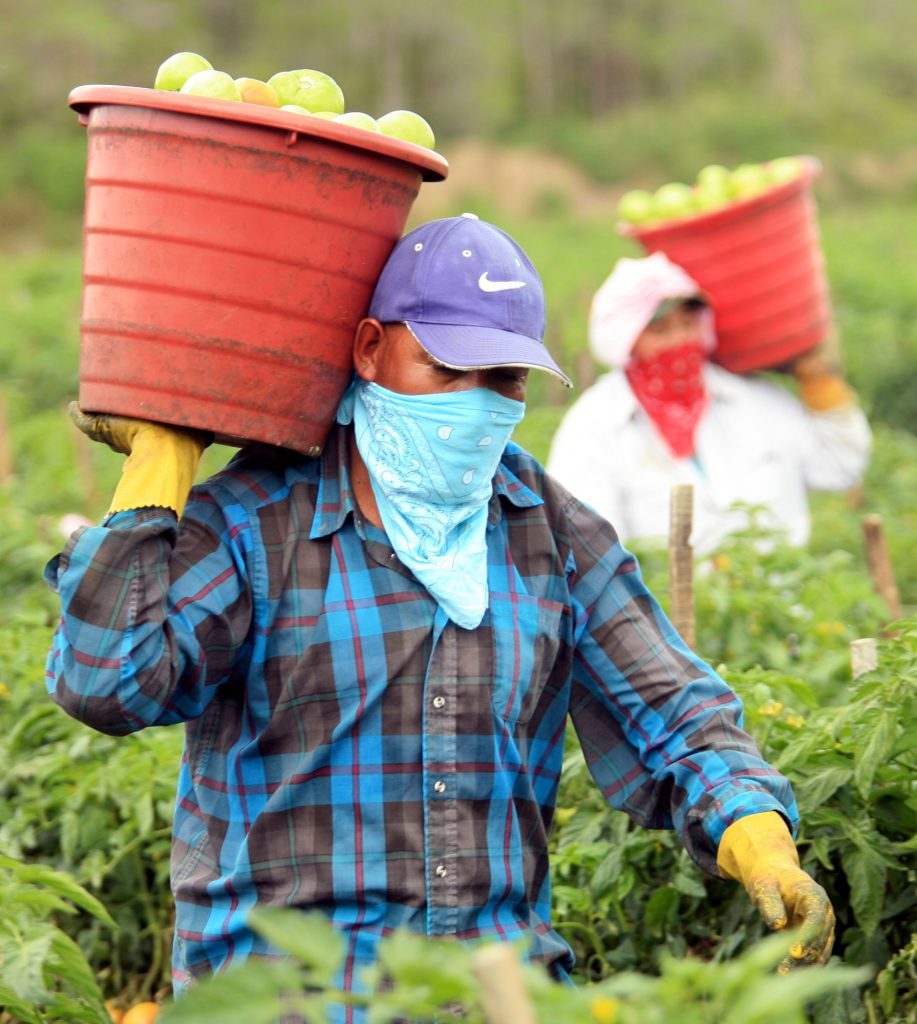
Food is vital for our survival as human beings, but it also plays a major role in how people determine where they fit in their society, remember their collective histories, and shape their lives. In this unit, students are encouraged to consider the implications of anthropological findings on how culture determines what people consider food and how politics shapes what people consume and how we do so.
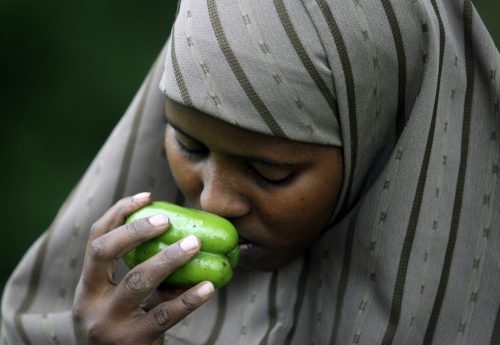
Food Is About Far More Than Bodily Sustenance

Why Don’t More Humans Eat Bugs?

Cómo una megarrepresa interrumpe el flujo de agua —y dinero—

El orden de mi mochila y Tres etapas para nada

Vibraciones fantasma de un teléfono inteligente perdido

La comunidad Sorda de Gaza frente al genocidio

Cuando una aplicación de mensajería se convirtió en prueba de terrorismo

El ascenso de las tías en la política pakistaní

Cómo una megarrepresa interrumpe el flujo de agua —y dinero—
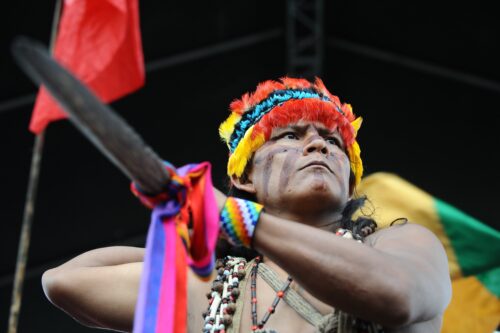
Leyendo el futuro de una mina amazónica

Los anillos de los árboles son la prueba de la megasequía —y de nuestro destino funesto—
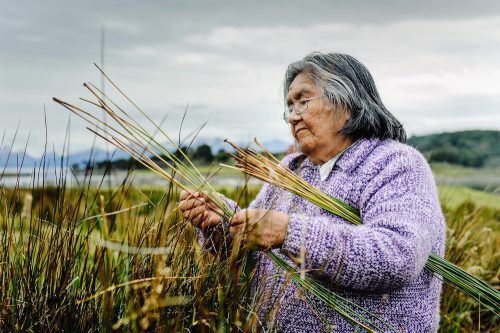
El pueblo yagán se vuelve a levantar
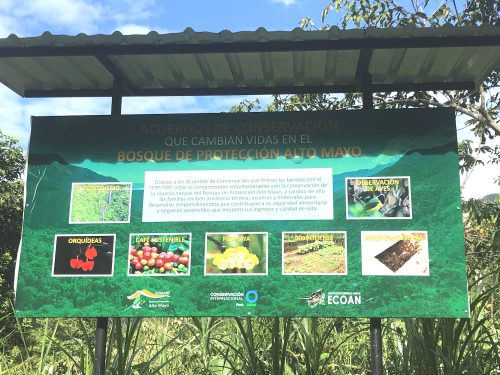
Cuando los bonos de carbono expulsan a las personas de sus hogares

Los últimos leones salvajes de Europa

Qué hay detrás de la evolución de los retratos de neandertales

¿Surgió realmente la humanidad en un solo lugar?
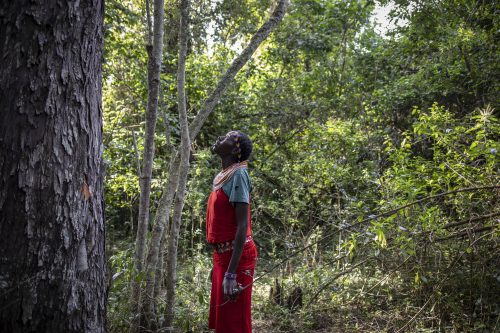
Los problemas de ver la evolución como una “Marcha del Progreso”

Lo que la grafía vai revela sobre la evolución de la escritura

Desenredando la raza del cabello
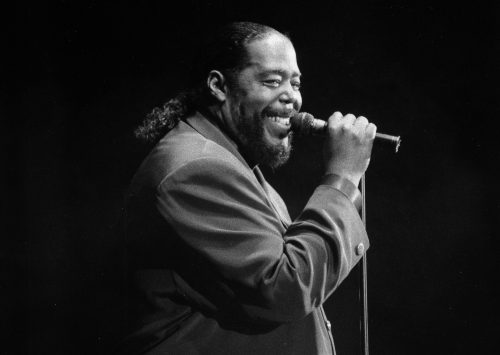
¿Cuál es el atractivo de las voces profundas en los hombres?
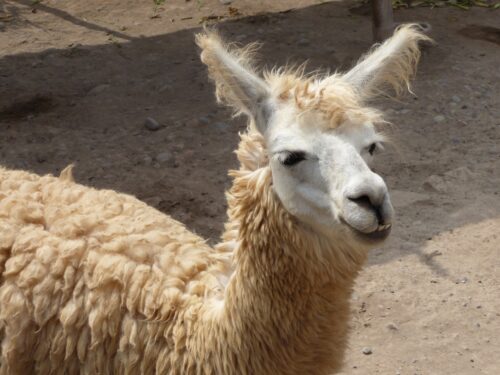
Desenterrar el pasado culinario —con la ayuda de excrementos de llama—
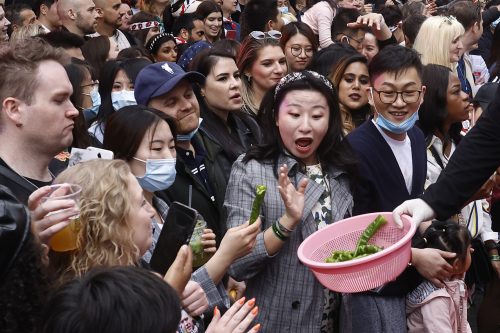
¿Por qué (a algunos) humanos les encantan los chiles?

Cómo la cerámica ofrece una mirada a las antiguas costumbres alimentarias
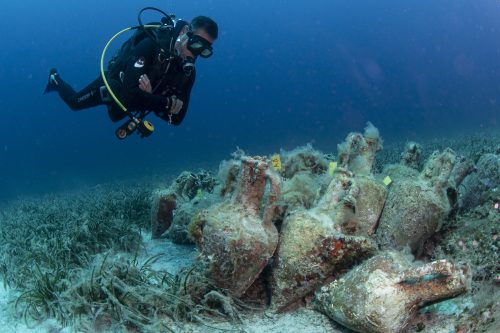
Cinco puntos de inflexión en la evolución del vino

¿Necesitan los niños alimentos especiales?
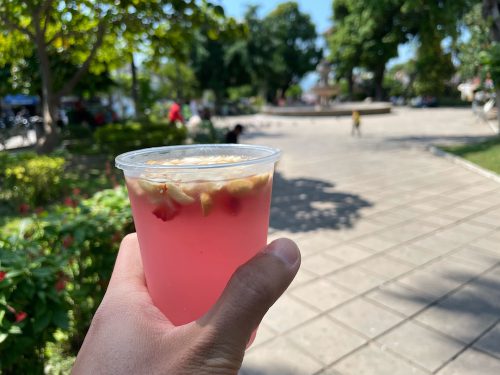
Cómo los marineros filipinos—y los cocos—ayudaron a crear la bebida nacional de México
- Anthropological studies have long demonstrated the significance of food in human societies.
- Within the realm of food studies, anthropologists work on a variety of themes cross-culturally: for example, how people determine which living creatures, plants, and animal byproducts are food; how people acquire and prepare food; what food says about power, spiritual beliefs, rites of passage, life, and death; and how and why people’s diets change in conjunction with politics, culture, economics, history, and their evolving identities.
- Anthropologists contemplate and critique how changes in economic and political patterns, social configurations (for example, due to war or illness), or climate affect access to food. They also examine how food traditions are reproduced or die out over time, today, and into the future.
-
Goodman, Alan, and Thomas L. Leatherman. 2005. “Coca-Colonization of Diets in the Yucatan.” Social Science and Medicine 61 (4): 833–846.
-
Mintz, Sidney W., and Christine M. Du Bois. 2002. “The Anthropology of Food and Eating.” Annual Review of Anthropology 31: 99–119.
- Why do anthropologists care so much about food? Use examples from this unit’s readings to justify your responses.
- How do we know that food consumption is not just about acquiring the nutrition we need for our bodies to continue to function?
- What have you learned about the trajectory of the study of food and eating in anthropology?
- Do you believe that an aversion to specific foods is the result of biological factors? Why or why not?
- What have you learned about the effects of globalization on food consumption in the Yucatan? Can you draw parallels between what Goodman and Leatherman (2005) argue and your own lives?
- What do Goodman and Leatherman (2005) argue or imply about the role of power in food consumption?
- Bring in a range of different foods and invite the students to sample them. Then ask them to share their emotions and reactions as they consume various items.
-
Podcast Episode: SAPIENS’ “Eating Insects and the Yuck Factor”
-
Web Journal: French Institute for Humanities and Social Sciences’ Anthropology of Food
-
Video Series: PBS’ The Meaning of Food
Eshe Lewis (2020)
Medical Anthropology
